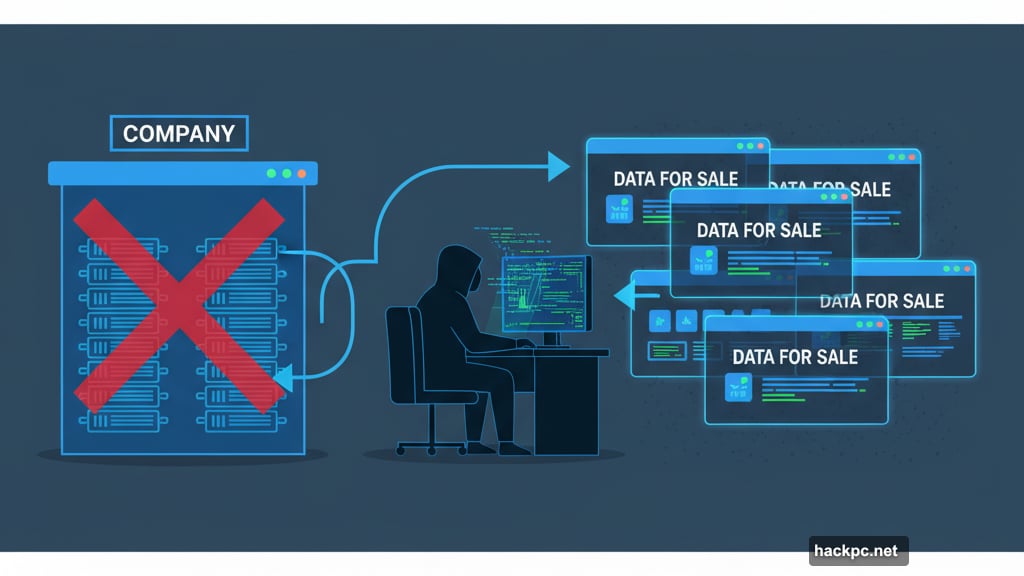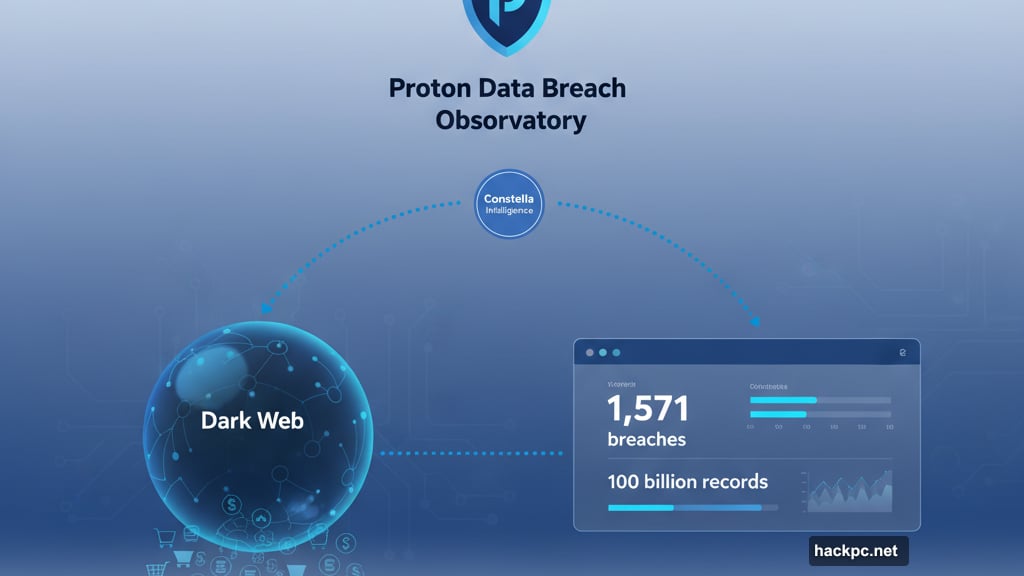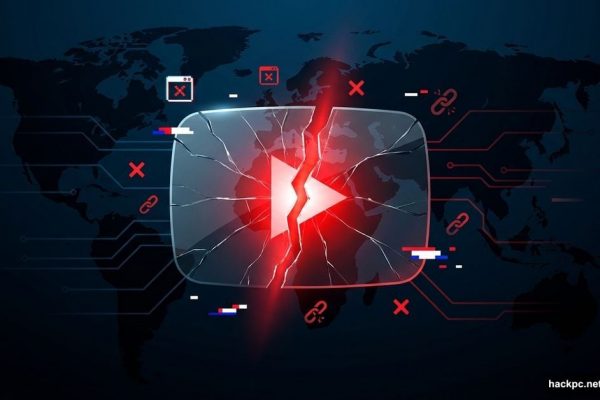
Your personal data is being stolen and sold right now. But companies often stay quiet about breaches. So how can you know if your information leaked?
Proton just launched something different. Their new Data Breach Observatory monitors dark web marketplaces directly. Instead of waiting for companies to admit they got hacked, Proton watches where stolen data actually gets sold.
This matters because the current system is broken. Let’s look at why.
Companies Hide Breaches All the Time
Most cybercrime studies rely on self-reporting. A company gets hacked, then decides whether to tell anyone.
The problem? Many don’t. Reporting a breach triggers backlash from customers, regulators, and investors. Stock prices drop. People get fired. So companies have strong incentives to stay quiet.
Nobody knows exactly how many breaches go unreported. But Proton believes it’s a significant number. Plus, that makes sense when you consider the consequences of admitting your security failed.
Meanwhile, your stolen data still gets sold. Whether the company reports it or not.
Dark Web Markets Are Hard to Track
Here’s where things get murkier. Stolen information doesn’t show up on regular websites. Instead, it gets advertised on dark web marketplaces that require specialized knowledge to access.
Think of it like diamond thieves avoiding legitimate jewelry stores. Data thieves don’t exactly post their goods on Facebook Marketplace. They use hidden forums and encrypted channels that most people can’t find.
So even when data leaks happen, tracking the actual volume and scope is nearly impossible. You might know breaches occur frequently. But how often? How much data? Who’s buying and selling?

Most people have no idea. Until now, there wasn’t a good way to find out.
Proton Monitors Where Thieves Actually Operate
The Data Breach Observatory takes a different approach. Instead of waiting for reports, Proton actively watches dark web marketplaces where stolen data gets advertised.
They partnered with Constella Intelligence, a risk detection firm. Together, they monitor the underground exchanges where cybercriminals trade information. When new data appears for sale, the Observatory logs it.
This creates two major benefits. First, victims might learn about breaches before the target companies admit anything. Early warning means faster action to protect yourself.
Second, it makes the true scale of cybercrime visible. No more relying on companies to voluntarily report bad news. The Observatory aims to document what’s actually happening in real time.
The Numbers Are Staggering
According to Proton’s research, around 1,571 data breaches occurred in 2025 so far. That’s roughly five breaches per day.
Those breaches compromised over 100 billion records. Not million. Billion. The scale is hard to comprehend.
Plus, that’s just what Proton detected so far. The actual number is likely higher since not all dark web activity gets discovered immediately.
Keeping up with that pace won’t be easy. Updating a public database in near real time for five daily breaches requires serious resources. But if Proton pulls it off, the Observatory could become essential for anyone concerned about data security.
Why This Actually Matters for You
You can’t prevent companies from getting hacked. But you can respond faster when your data leaks.

Most people learn about breaches months after they happen. By then, stolen credentials have already been used for fraud. Credit cards get maxed out. Bank accounts get drained. Identities get stolen.
Early warning changes that timeline. If you know your email and password leaked yesterday instead of six months ago, you can change credentials immediately. You can freeze credit reports. You can watch accounts closely for suspicious activity.
Moreover, transparency puts pressure on companies. When breaches become public knowledge quickly, organizations can’t hide security failures. That incentivizes better security practices.
The Observatory makes cybercrime harder to ignore. Companies that get breached can’t just sweep it under the rug anymore.
What You Should Do Right Now
Don’t wait for the Observatory to warn you. Take basic precautions today.
Use unique passwords for every account. Password managers make this easy. When one site gets breached, thieves can’t reuse your credentials elsewhere.
Enable two-factor authentication everywhere it’s available. Even if your password leaks, attackers still need your phone to get in.
Monitor your credit reports regularly. Check for accounts you didn’t open. Look for inquiries you didn’t authorize.
Most importantly, assume your data will leak eventually. Because it probably will. The question isn’t if but when.
Proton’s Observatory might give you earlier warnings. But your own vigilance matters more than any monitoring service.
Stay alert. Your information is already valuable to criminals. Don’t make it easy for them.



Comments (0)